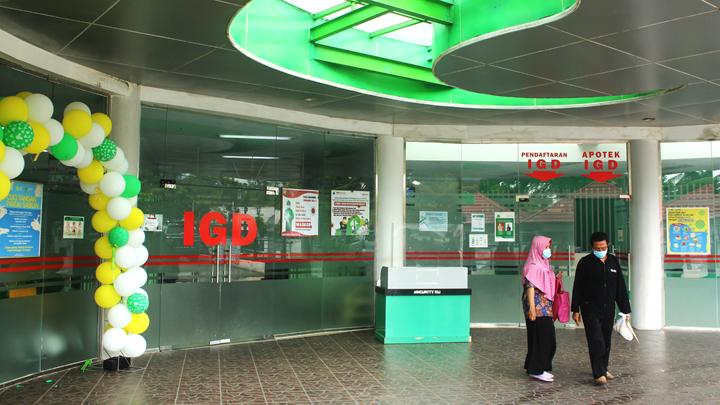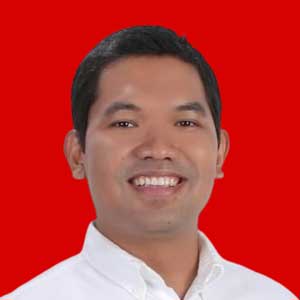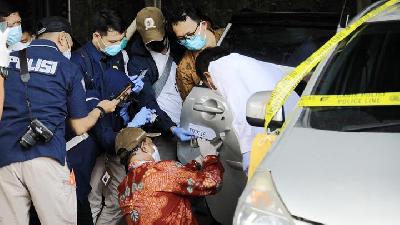Between Bed and Bedlam
Monday, January 11, 2021
arsip tempo : 171350982834.

APPROACHING the end of 2020, Intania Fransiska Shalihah was never far from her phone. The 22-year-old woman was desperately calling hospitals in Semarang, Central Java, and nearby cities in search of a vacant intensive care unit (ICU) room for her mother who was being treated for the coronavirus at the Ungaran Regional General Hospital (RSUD). She sought help online through social media, asking anyone for information on a vacancy.
Intania contac
...
Subscribe to continue reading.
We craft news with stories.
 For the benefits of subscribing to Digital Tempo, See More
For the benefits of subscribing to Digital Tempo, See More












